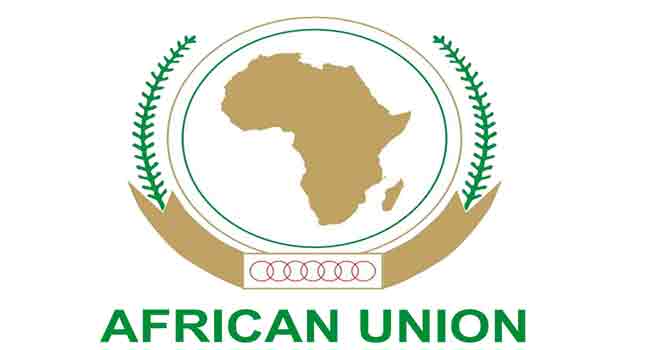
The working group comprises the AU, the Coalition for Dialogue on Africa, the Forum Civil, the Pan-African Lawyers Union and TrustAfrica.
The programme themed, “Addressing Illicit Financial Flows and Asset Recovery in the Extractive Industry,” holding in Dakar, Senegal, is slated for June 13 and 14, 2023, and is the first Global Conference of the Extractive Industries Transparency Initiative to be held in Africa, despite African countries being the majority among the EITI’s 57 member-states which meet every three years.
The PUNCH reports that the conference was organised in line with AU decisions and instruments adopted by African heads of state and governments. These include the AU Special Declaration Assembly – /AU/Decl.5 (XXIV) of January 2015, the Nouakchott Declaration on the African Anti-Corruption Year (June 2018) and the Common African Position on Asset Recovery adopted by the AU Summit in February 2020.
The programme brings together policymakers, regulators, civil society organisations, industry stakeholders and the media to foster dialogue and collaboration in promoting accountability and transparent management of oil, gas, and mineral resources.
It also scales up efforts with national anti-corruption agencies in raising public awareness, tracing and recovering assets illicitly acquired from Africa, through tax avoidance and criminal activities such as tax evasion, money laundering and corruption.
In a statement on Monday, the Communications Officer, TrustAfrica, Abdarahmane Wone, noted that during the two-day exchanges, participants will discuss CAPAR, the need for enhanced transparency and accountability, stricter regulations and increased international cooperation in the extractive industry.
They will address the impact of illicit financial flows and the common occurrence of corruption in commodities trading, as the meeting aims to remind the EITI of its role in promoting accountable and transparent management of oil, gas and mineral resources and identifying effective strategies to address the challenges faced by victim nations.
Wine said, “Participants will reflect on how best to engage national authorities, the judiciary and the citizenry to hold the perpetrators and accomplices accountable.
“CAPAR is a policy advocacy instrument aimed at assisting AU member states to trace, identify, repatriate and subsequently effectively manage their assets, including items of cultural heritage, in a manner that respects their sovereignty and for the benefit of African peoples, who are ultimately victims of illicit financial flows.
“CAPAR now stands as the best tool for Africa’s legal and technical framework in structuring the managing of the return of Africa’s stolen assets from the foreign jurisdictions in which they may be held into the rightful source countries.
“That is why it is imperative that Africa’s assets, including financial resources lost through illicit flows, be returned to finance the continent’s development agenda, as underlined in the AU High-Level Panel Report on Illicit Financial Flows, adopted by African heads of state and governments in January 2015.”





